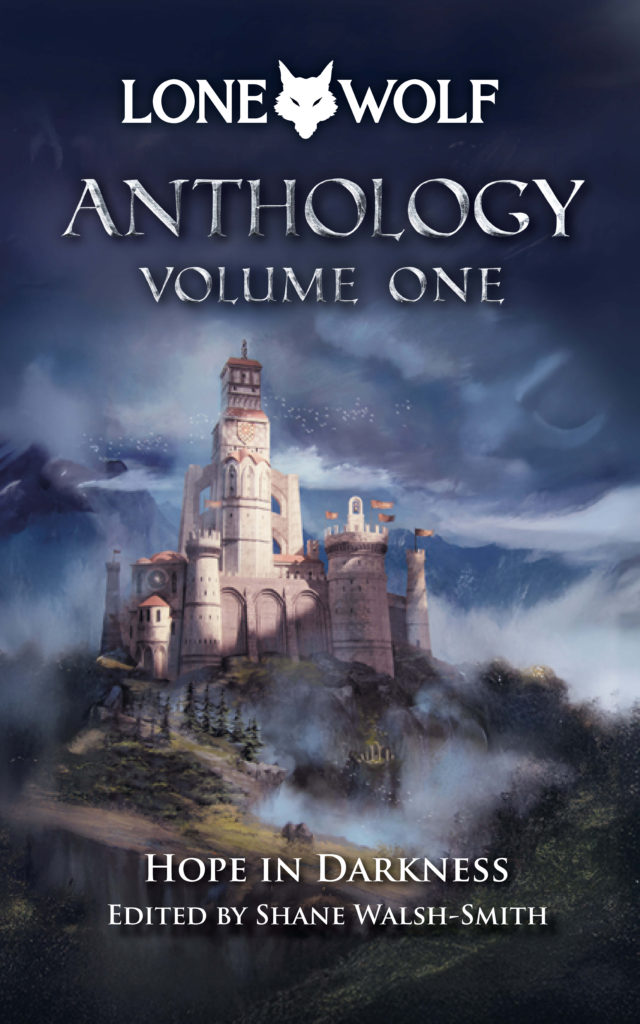It’s very good for homesickness. I can see all the locations. I know Jason Taylor’s route to school. I remembered that he would have attended the Hill School (it’s called Upton upon Severn Comprehensive in the novel), and not Hanley Castle until he was older.
I’m amused at the way Mitchell has turned place names from the area into names of teachers: Mr Kempsey, Mrs Wyche, Mr Inkberrow. I wonder if I’ll start recognising some of the teachers? I’m also amused by the mention of “the pork scratchings factory in Upton on Severn.” I knew the manager’s son. The gossip was that he was illiterate, and his son certainly was.
I’ll post some notes on its literary qualities shortly, but right now I’m wallowing in the nostalgic smell of ashtrays in the school bus and the fear of being at the bottom of a pile-on on the playing fields.
Suddenly I’m reminded of how a friend of mine got barred from a Worcester music shop owned by one of our ex-teachers. My friend P walked in and was greeted by Mr. C with “Hello P, you’re looking fatter.” P wasn’t too impressed and responded with “Hello Mr. C, you’re looking balder.” And that was the end of that.
Back to the book…




